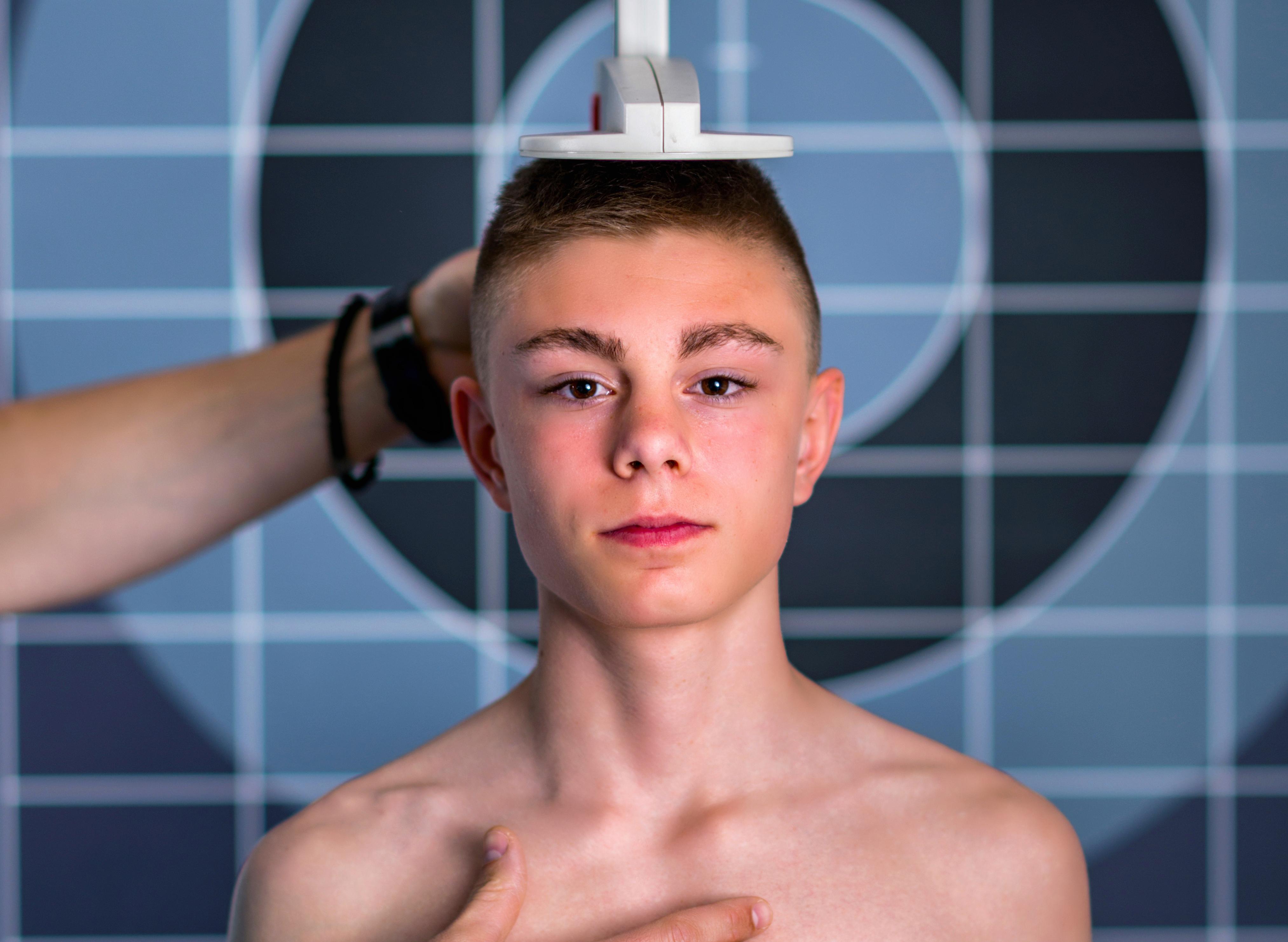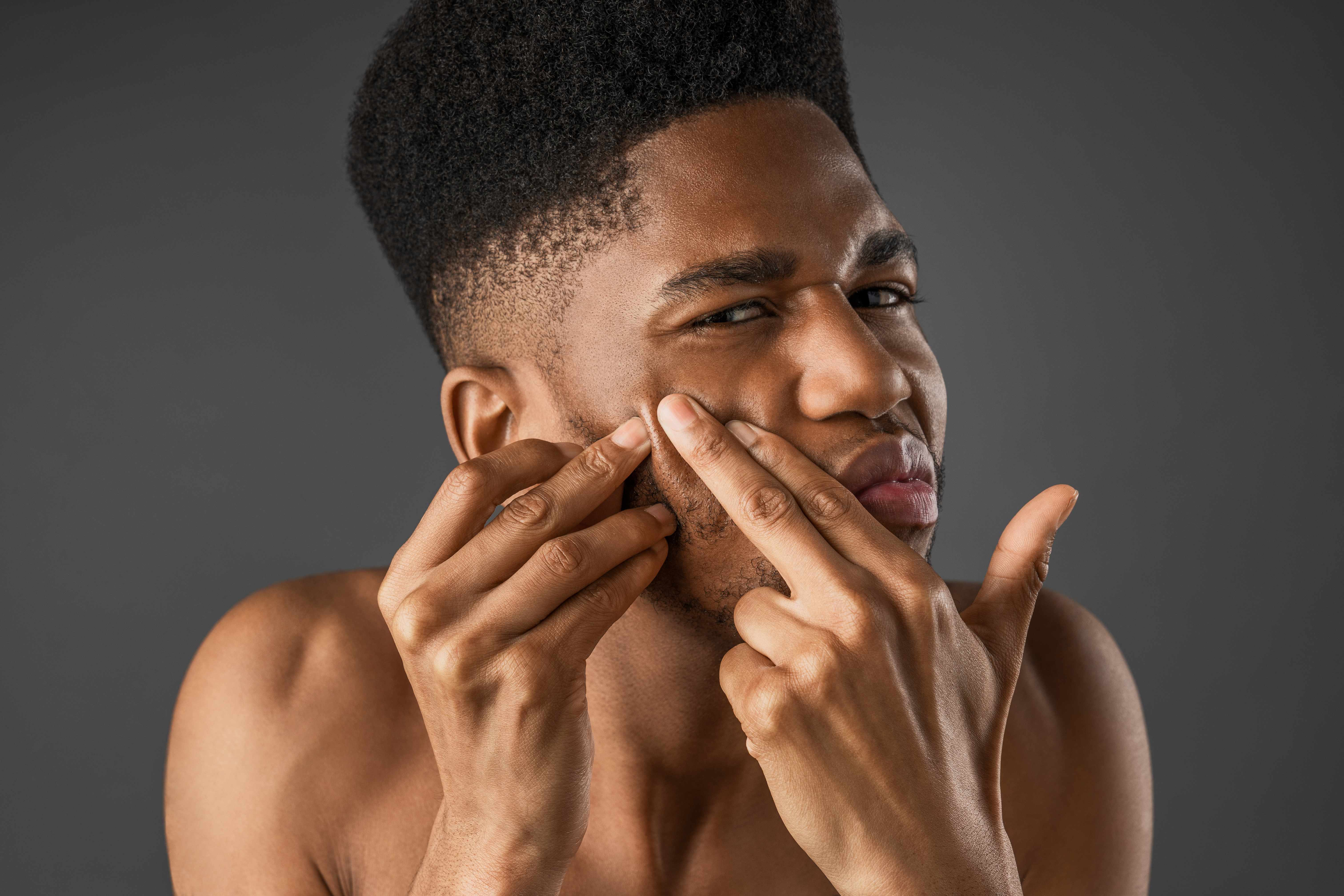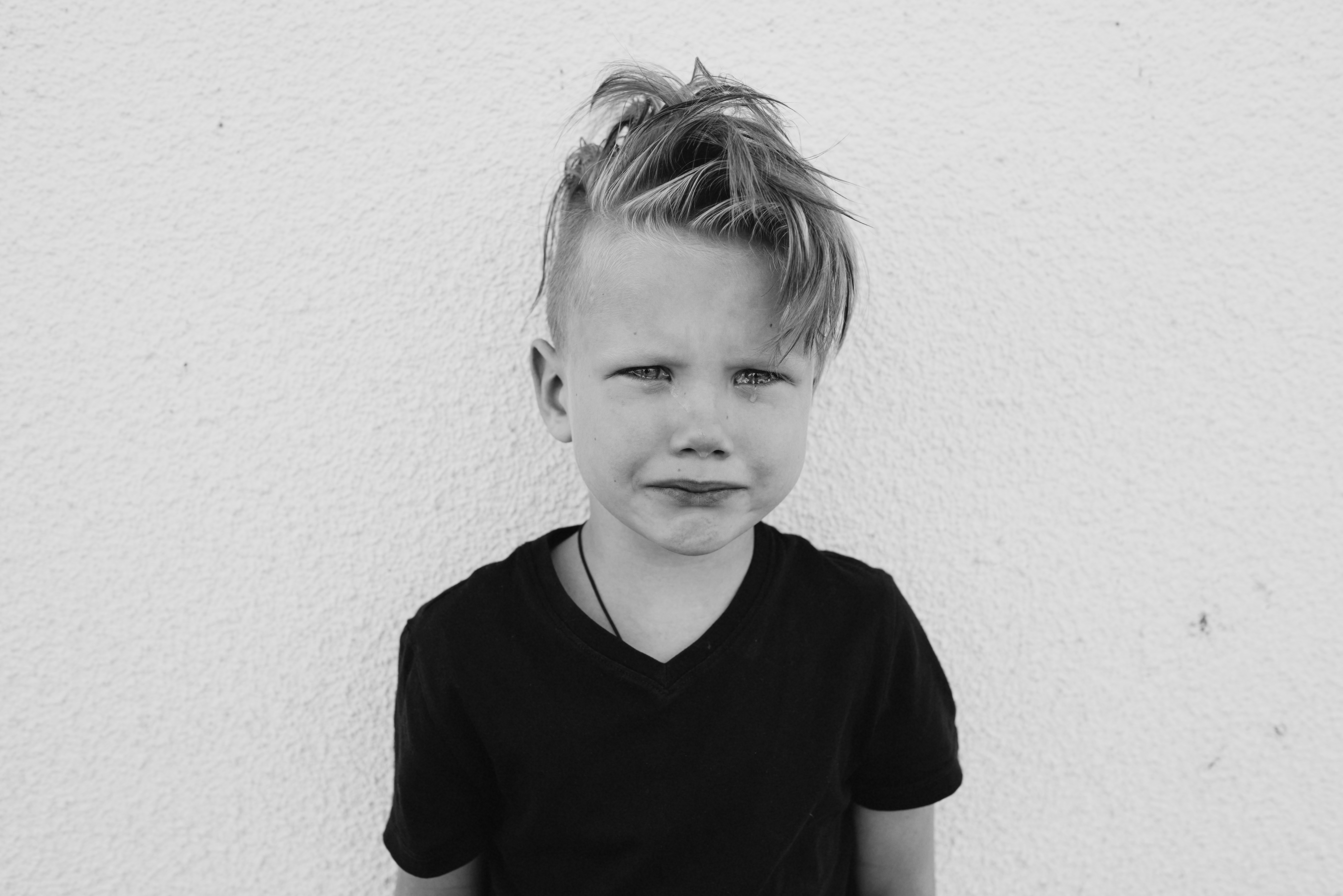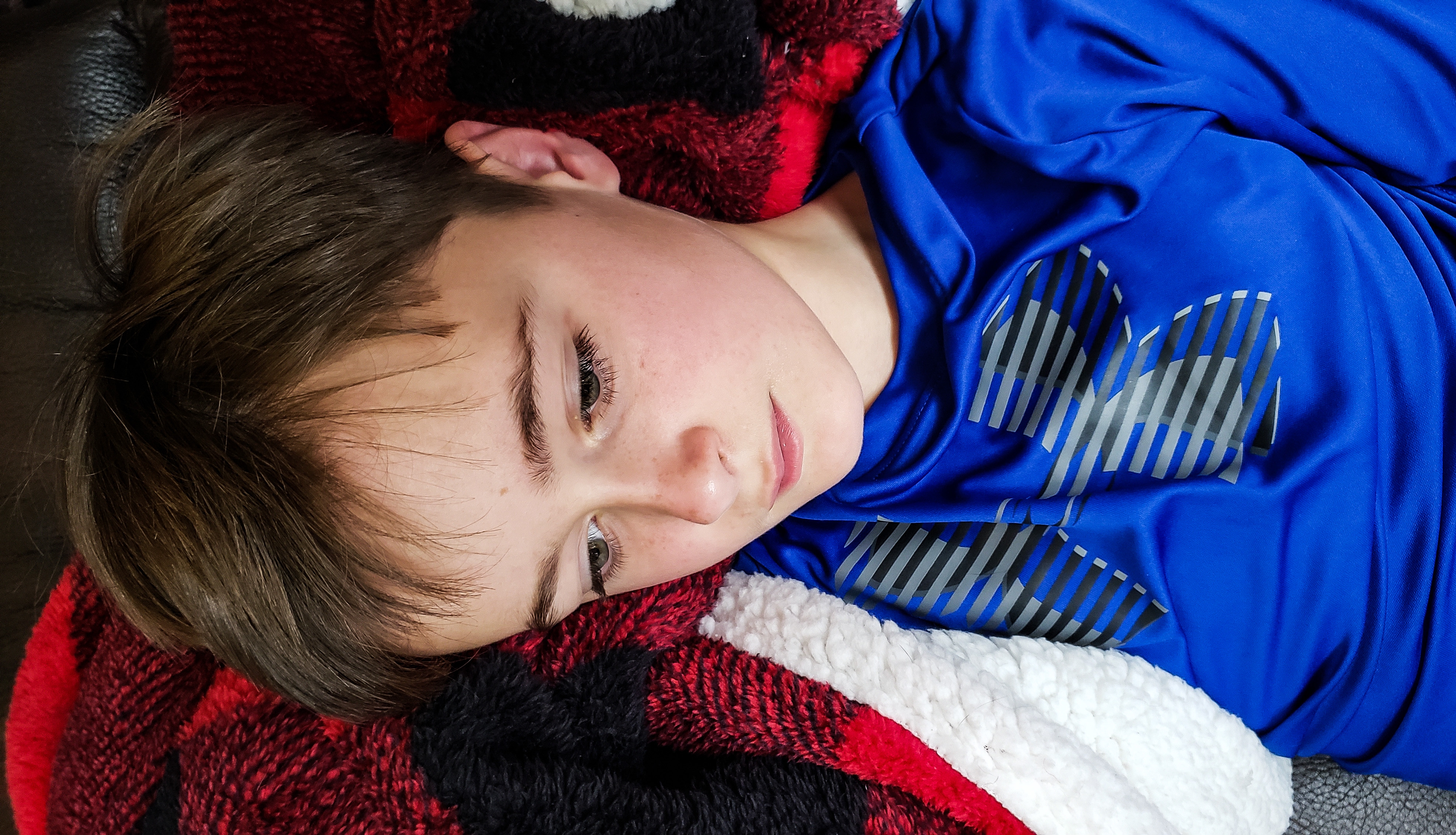20 Clear Signs Boys Are Transitioning Through Puberty
Puberty doesn’t come with a user manual—but its signs are loud, clear, and impossible to ignore. For boys, this phase signals more than physical change—it’s the start of emotional rewiring, identity shifts, and a new relationship with the world around them. It can feel like everything is happening all at once: growth spurts collide with voice cracks, moods swing without warning, and a quiet independence begins to emerge. That’s why we’ve expanded our list to 20 Clear Signs Boys Are Transitioning Through Puberty—a grounded, insightful guide designed to help parents, educators, and boys themselves recognize what’s happening and why it matters. From subtle shifts to dramatic changes, each sign is a marker on the journey from boyhood to adolescence. No two experiences are exactly alike, but knowing the signs can ease the worry, normalize the process, and open the door to conversations that stick. Puberty doesn’t have to be a mystery—it can be a map.
1. Physical Growth: The Surge in Height and Weight

One of the most noticeable signs of puberty in boys is the rapid increase in height and weight, often referred to as the growth spurt. This growth is driven by hormonal changes, primarily the increased production of testosterone, which stimulates the growth of bones and muscles. Boys typically experience their most significant growth spurt between the ages of 12 and 15, during which they may grow as much as 4 inches per year. This period of rapid growth can be both exhilarating and awkward, as boys adjust to their changing bodies. The growth spurt is accompanied by an increase in appetite, as the body requires more energy to fuel its development. This can lead to a marked increase in food consumption, with boys often eating larger portions and more frequently. Parents may notice their grocery bills rising as they strive to keep up with their son's growing appetite. It is important to ensure that boys receive a balanced diet rich in nutrients to support their growth and overall health during this critical period. Encouraging healthy eating habits and regular physical activity can help boys manage their changing bodies and maintain a positive body image.
2. Voice Changes: The Deepening of the Voice

Another hallmark of puberty in boys is the deepening of the voice, a change that is often met with a mix of excitement and embarrassment. This change is caused by the growth of the larynx, or voice box, and the lengthening of the vocal cords, both of which are influenced by increased levels of testosterone. As the larynx grows, it becomes more prominent, leading to the development of the Adam's apple, a visible sign of male maturity. During this period, boys may experience voice cracks or breaks, as their vocal cords adjust to their new length. These fluctuations in pitch can be a source of amusement or discomfort, depending on the individual's perspective. It is important for boys to understand that these changes are a normal part of puberty and that their voice will eventually stabilize. Encouraging boys to embrace these changes can help them develop a sense of confidence and self-assurance as they navigate this aspect of their development.
3. Hair Growth: The Emergence of Facial and Body Hair

The appearance of facial and body hair is another significant sign of puberty in boys. This change is driven by the increased production of androgens, a group of hormones that includes testosterone. Boys may first notice the growth of fine hair on their upper lip, which gradually becomes thicker and darker over time. This is often followed by the development of hair on the chin, cheeks, and jawline, as well as the growth of body hair on the chest, underarms, and pubic area. The emergence of facial and body hair is often seen as a rite of passage, symbolizing the transition from boyhood to manhood. However, the timing and extent of hair growth can vary widely among individuals, leading to feelings of self-consciousness or inadequacy for those who develop later than their peers. It is important for boys to understand that hair growth is a highly individual process and that there is no "right" time to develop. Encouraging open conversations about these changes can help boys feel more comfortable and confident in their developing bodies.
4. Skin Changes: The Onset of Acne and Oily Skin

The hormonal changes of puberty can also lead to changes in the skin, most notably the development of acne and increased oil production. As testosterone levels rise, the sebaceous glands in the skin become more active, producing more sebum, an oily substance that can clog pores and lead to acne. This condition is common during puberty, affecting up to 85% of adolescents to varying degrees. Acne can be a source of frustration and embarrassment for many boys, impacting their self-esteem and social interactions. It is important for boys to understand that acne is a normal part of puberty and that there are effective treatments available. Encouraging good skincare habits, such as regular cleansing and the use of non-comedogenic products, can help manage acne and promote healthy skin. Providing support and reassurance can also help boys navigate this challenging aspect of puberty with confidence and resilience.
5. Emotional Changes: The Rollercoaster of Emotions

Puberty is not only a time of physical changes but also significant emotional changes. As boys transition through puberty, they may experience heightened emotions and mood swings, driven by the hormonal fluctuations occurring in their bodies. These emotional changes can be confusing and overwhelming, leading to feelings of frustration, anger, sadness, or anxiety. It is crucial for parents and caregivers to provide a supportive and understanding environment during this time. Encouraging open communication and actively listening to boys' concerns can help them feel heard and validated. Teaching boys healthy coping strategies, such as mindfulness, exercise, and creative expression, can also help them manage their emotions more effectively. By fostering emotional intelligence and resilience, we can equip boys with the tools they need to navigate the ups and downs of puberty with greater ease and confidence.
6. Cognitive Development: The Expansion of Thought Processes

During puberty, boys also experience significant cognitive development, marked by an expansion of their thought processes and an increased capacity for abstract thinking. This cognitive growth is driven by the maturation of the brain, particularly the prefrontal cortex, which is responsible for decision-making, problem-solving, and impulse control. As boys' cognitive abilities develop, they become better equipped to understand complex concepts, engage in logical reasoning, and consider multiple perspectives. This period of cognitive growth presents an opportunity for boys to explore new interests and develop critical thinking skills. Encouraging boys to engage in intellectually stimulating activities, such as reading, puzzles, or debates, can help foster their cognitive development. It is also important to support boys in making informed decisions and taking responsibility for their actions, as these skills will serve them well throughout adolescence and into adulthood. By nurturing boys' cognitive growth, we can help them reach their full potential and prepare them for the challenges and opportunities that lie ahead.
7. Social Changes: The Shift in Peer Relationships

As boys transition through puberty, they also experience changes in their social relationships, particularly with their peers. During this time, boys may place greater importance on their friendships and seek to establish their own identity within their social circles. This shift in focus can lead to changes in peer dynamics, as boys navigate the complexities of friendship, loyalty, and social hierarchies. The desire for acceptance and belonging can be a powerful motivator during puberty, influencing boys' behavior and decision-making. It is important for parents and caregivers to support boys in developing healthy and positive relationships with their peers. Encouraging boys to engage in group activities, such as sports, clubs, or community service, can help them build social skills and form meaningful connections. By fostering a sense of belonging and self-worth, we can help boys navigate the social challenges of puberty and emerge as confident and empathetic individuals.
8. Sexual Development: The Awakening of Sexual Awareness

Puberty is also a time of sexual development, as boys become more aware of their bodies and experience an awakening of sexual feelings and desires. This aspect of puberty can be both exciting and confusing, as boys navigate their emerging sexuality and grapple with questions about identity, attraction, and relationships. The increased production of testosterone during puberty contributes to the development of secondary sexual characteristics, such as the growth of facial and body hair, as well as the maturation of the reproductive system. It is important for parents and educators to provide accurate and age-appropriate information about sexual development, helping boys understand the changes they are experiencing and promoting healthy attitudes towards sexuality. Encouraging open and honest conversations about topics such as consent, respect, and safe practices can help boys make informed decisions and develop healthy relationships. By fostering a positive and supportive environment, we can help boys navigate the complexities of sexual development with confidence and responsibility.
9. Independence and Identity: The Quest for Self-Discovery

As boys transition through puberty, they begin to seek greater independence and explore their own identity. This quest for self-discovery is a natural and important part of adolescence, as boys strive to define who they are and what they value. During this time, boys may experiment with different styles, interests, and activities, as they seek to establish their own unique identity. Supporting boys in their journey of self-discovery involves providing opportunities for exploration and self-expression, while also setting appropriate boundaries and expectations. Encouraging boys to pursue their passions, whether in academics, sports, arts, or other areas, can help them develop a strong sense of self and build confidence in their abilities. It is also important to provide guidance and support as boys navigate the challenges and uncertainties of adolescence, helping them develop resilience and a sense of purpose. By nurturing boys' independence and self-identity, we can empower them to become confident and self-assured young men.
10. Changes in Posture and Body Coordination: Adjusting to a New Frame

As boys grow rapidly during puberty, they may experience temporary awkwardness in posture and movement. Their limbs lengthen, their shoulders broaden, and their overall body proportions shift, often leading to a lack of coordination. Many boys find themselves tripping more, struggling with fine motor skills, or feeling generally clumsy. This phase is completely normal and typically resolves as they adapt to their new physique. Encouraging activities that promote balance and coordination, such as sports, yoga, or simple stretching exercises, can help them regain control over their movements. Good posture habits, including sitting and standing upright, also become increasingly important as their skeletal structure solidifies. Supporting boys through this stage with patience and reassurance will help them feel more comfortable in their changing bodies, building both confidence and physical awareness as they continue their transition into young adulthood.
11. Increased Need for Privacy: Drawing the Emotional Curtains

One of the less talked about but common signs of puberty is a sudden craving for personal space. Boys going through this phase often retreat behind closed doors, become more protective of their thoughts, or may guard their devices and journals. It’s not secrecy—it’s a psychological shift toward identity formation. Respecting these boundaries while staying emotionally available is key. Parents should create safe, judgment-free opportunities for connection without pushing too hard. This new desire for privacy isn’t a rejection—it’s a sign they’re developing autonomy, learning to process emotions on their own, and carving out their inner world.
12. Shifting Sleep Patterns: Late Nights, Sleepy Mornings

If your once early-rising son now battles to get out of bed, blame biology. During puberty, boys experience a shift in their circadian rhythm, often preferring late nights and struggling with early mornings. This isn’t laziness—it’s a neurological change driven by hormone surges that delay the brain’s sleep-wake cycle. Unfortunately, school schedules rarely accommodate this shift, making sleep deprivation common. Encourage consistent sleep hygiene: limiting screens before bed, keeping routines predictable, and creating a calming sleep environment. Understanding this shift helps parents set realistic expectations—and helps boys avoid internalizing guilt about a clock their body is still resetting.
13. Increased Risk-Taking: Testing Boundaries, Seeking Thrills

During puberty, boys may become more prone to risk-taking—physically, socially, or emotionally. From daring stunts to testing curfews or exploring new identities, this exploratory behavior is often rooted in brain development. The prefrontal cortex (judgment center) is still maturing, while the reward system is firing at full tilt, making novelty and excitement hard to resist. Instead of punishing curiosity, offer safe outlets for exploration—through sports, travel, art, or open conversation. Clear boundaries with room for expression teach responsibility without shame. Framed right, risk-taking becomes a tool for growth, not rebellion.
14. Sudden Sensitivity to Criticism: Confidence in Flux

A boy in puberty may react strongly to what once felt like routine feedback. This emotional volatility often stems from fluctuating self-esteem as they adjust to new appearances, social roles, and pressures. A passing comment on appearance, ability, or behavior can unexpectedly sting. Rather than dismissing reactions as overblown, parents and mentors should choose words with care. Offer praise for effort and character, not just results. Be curious, not corrective. This sensitivity isn’t weakness—it’s a growing awareness of self in a more complex world. Treat it with empathy, and you’ll help them build the resilience they need.
15. Heightened Curiosity About Social Issues and Justice

As abstract thinking develops, many boys begin questioning the world around them in deeper ways. They might challenge authority, express concern about fairness, or suddenly care about global issues. These aren’t just passing interests—they’re signs of emerging values and moral reasoning. Encourage this curiosity with open discussions, books, and exposure to different viewpoints. Ask questions that invite them to articulate their beliefs rather than shutting them down. When supported, this growing social awareness becomes the foundation for empathy, leadership, and critical thought—traits that will define them far beyond puberty.
16. Changing Friendships: Shifting Circles and Deeper Bonds

As boys move through puberty, their friendships often evolve from playful and activity-based to more emotionally grounded. They may drift from childhood companions and gravitate toward peers who share deeper interests or values. This can be confusing—letting go of old friendships while learning how to build trust in new ones. They may also experience conflict more intensely as emotional intelligence catches up with social complexity. It's important for parents and mentors to normalize these changes and encourage conversations around loyalty, boundaries, and communication. Strong friendships forged during this stage often lay the foundation for emotional resilience and long-term support networks.
17. Body Odor and Sweating: The Arrival of Active Sweat Glands

If your son suddenly smells like a gym locker, it’s not just roughhousing—it’s puberty. As apocrine sweat glands activate (especially under the arms and around the groin), boys begin producing thicker sweat that mixes with skin bacteria to create body odor. They may also sweat more, even without strenuous activity. This new scent can be embarrassing and confusing, but it’s completely normal. Teaching boys about hygiene—regular showers, deodorant, clean clothes—empowers them to manage it without shame. It’s a great opportunity to talk about self-care as a sign of growing up, not punishment for a biological change they didn’t ask for.
18. Muscle Definition and Physical Strength: Subtle Power Gains

While height gets all the attention, another sign of puberty in boys is the development of muscle mass and strength. Driven by rising testosterone levels, boys begin to build more defined shoulders, arms, and chests—even without changing their habits. Sports performance may improve, or they may suddenly show interest in weight training or body image. This shift can boost confidence but also trigger body comparison, especially in social settings. Support healthy strength-building through balanced nutrition and movement rather than appearance-driven pressure. Help boys appreciate what their body can do, not just how it looks, to foster lasting body confidence.
19. Sudden Shyness or Self-Consciousness: A Quiet Inner Shift

Even outgoing boys can suddenly become shy or reserved during puberty. This isn’t regression—it’s reflection. As self-awareness heightens, boys may feel unsure about their changing bodies, voice, or emotions. They might slouch to hide their growth, avoid social events, or speak less than usual. This withdrawal is often temporary, but it signals that they’re starting to monitor how they’re perceived by others. Instead of forcing interaction, create low-pressure opportunities for connection and affirm who they are beyond appearance or performance. Respecting their pause helps them reemerge with a stronger, steadier sense of self.
20. New Interests or Creative Outlets: Exploring Identity Through Expression

Puberty often ignites unexpected passions—music, photography, journaling, fashion, coding, cooking, activism. These new interests may seem sudden or unrelated to past hobbies, but they’re often windows into emerging identity. Boys may use these creative or intellectual pursuits to process emotions, build confidence, or experiment with new versions of themselves. Instead of questioning the shift, ask what it means to them. Provide tools and encouragement without judgment. These pursuits can become safe spaces for growth—and in many cases, long-term passions that help boys define who they are beyond the noise of adolescence.
From Boys to Young Men: Reading the Signs with Heart and Clarity

Puberty isn’t just a phase—it’s a turning point. Behind the voice cracks, growth spurts, and mood swings is a boy quietly figuring out who he’s becoming. These 20 signs aren’t just physical changes—they’re emotional, social, and psychological shifts that mark the beginning of something bigger: identity, independence, and a deepening sense of self. Recognizing these signs with empathy—not alarm—can transform this confusing chapter into a shared journey. Whether you're a parent, teacher, or mentor, your presence matters more than your perfection. Boys may not always say it, but they’re watching, listening, and learning from how you respond. Puberty doesn’t follow a script, but it does follow a rhythm—and with patience, respect, and open conversation, you can help make this transition one of strength, not struggle. Because when we see the signs clearly, we don’t just guide them—we grow with them.
